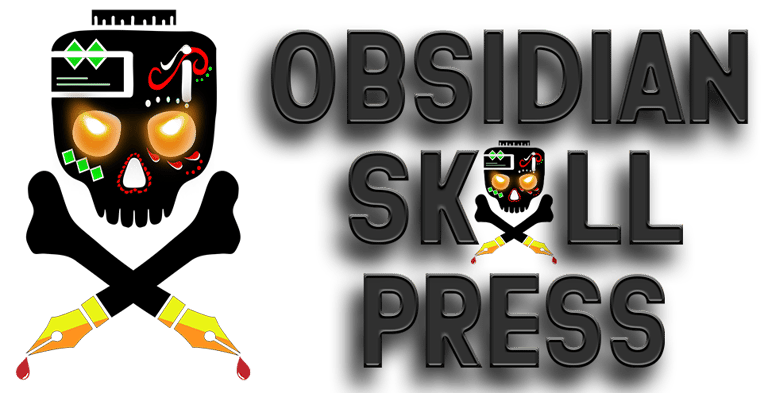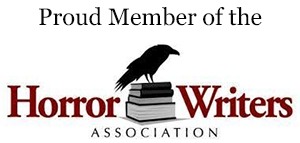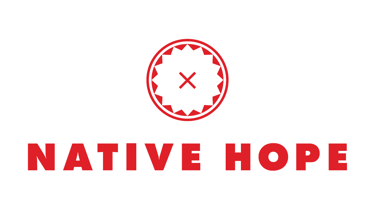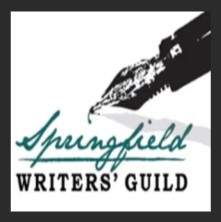The Pen Under Pressure: How Attacks on Free Speech Impact Writers, Publishing, and the Arts
Recent actions by the U.S. administration have raised significant concerns about free speech, especially affecting writers, the publishing industry, and the arts. Restrictions on language and suppression of certain viewpoints are creating a climate of fear that stifles creativity and public discourse. Censorship and the threat of backlash are making publishers hesitant to take risks, limiting diverse voices and undermining literature's role in promoting critical thinking. The arts, which thrive on free expression, are also being harmed, leading to a homogenized creative landscape. Organizations like Obsidian Skull Press emphasize the importance of defending free speech to ensure a rich cultural dialogue and creative freedom for future generations.
FREE SPEECHCENSORSHIPARTISTIC EXPRESSIONWRITERSLINGUISTIC CONTROLDIVERSITY AND INCLUSIONSELF-CENSORSHIPCREATIVE LANDSCAPE
TL Hutton
4/6/20257 min read
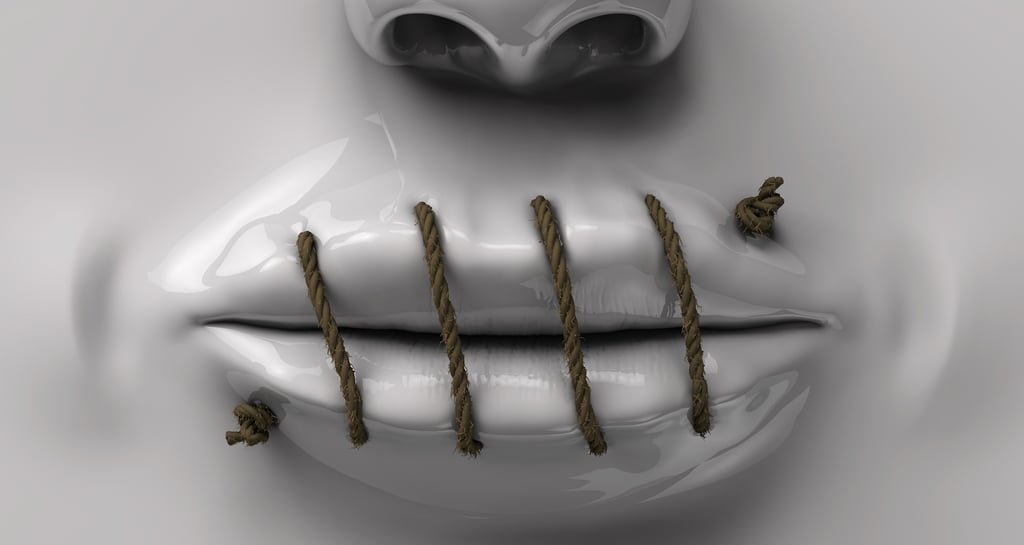

The cornerstone of a vibrant and democratic society lies in the ability of its citizens to freely express themselves. However, recent actions by the present U.S. administration are raising serious concerns about the erosion of this fundamental right, particularly as it affects writers, the publishing industry, and the arts. Restrictions on language and the suppression of certain viewpoints are creating a climate of fear that stifles creativity and limits the scope of public discourse (Fortune, 2025). This chilling effect, whether intentional or not, poses a direct threat to the very foundations of artistic expression.
In a nation that prides itself on its constitutional guarantees, the freedom to write, publish, and create art without fear of censorship or reprisal is paramount. Yet, a shadow is lengthening across the American landscape, threatening the very lifeblood of its creative communities. From subtle pressures to outright bans, a concerted effort seems to be underway to dictate permissible thought and expression. This insidious encroachment on free speech not only undermines the individual rights of artists and writers but also casts a pall over the entire cultural landscape, diminishing the richness and diversity of perspectives essential for a healthy democracy. The question now is, how deep will these cuts go, and what can be done to safeguard the vital role of free expression in our society?
The power of the written word to shape minds and spark revolutions has always made the publishing industry a vital battleground for ideas. For centuries, it has served as a crucial platform for diverse voices, offering space for dissent, debate, and the exploration of challenging perspectives. But a disturbing trend is emerging, threatening to stifle this essential function. Writers, particularly those tackling sensitive or controversial subjects, are finding themselves facing an increasingly hostile landscape, where the mere act of publishing can invite a storm of criticism and retribution. This chilling effect not only undermines the principles of free expression but also deprives society of the crucial intellectual exchange necessary for progress.
The publishing industry, traditionally a bastion of free expression, is also feeling the pressure. The threat of boycotts, public shaming, and even legal challenges for publishing controversial or politically charged content is creating a risk-averse environment. Writers who dare to challenge the status quo or offer alternative viewpoints may find it increasingly difficult to get their work published (PEN America, n.d.). This constriction of publishing opportunities limits the diversity of voices available to the public and undermines the vital role of literature in fostering critical thinking and social change.
In an era defined by rapid technological advancement and interconnected global communities, one might expect a flourishing of diverse artistic expression. Yet, a disturbing trend is emerging: the subtle, and sometimes not-so-subtle, erosion of artistic freedom. From legislative restrictions to online harassment campaigns, artists are increasingly facing pressures that silence their voices and stifle their creativity. This chilling effect on artistic expression is a grave injustice, stripping away vital perspectives and ultimately impoverishing the cultural fabric of our society.
The arts, in general, are particularly vulnerable to attacks on free speech. Artistic expression often pushes boundaries, challenges norms, and provokes dialogue. When artists are afraid to express themselves freely due to fear of censorship, funding cuts, or public backlash, the creative landscape becomes sterile and homogenous. This suppression of artistic expression impoverishes society as a whole, limiting our ability to understand ourselves and the world around us (PBS NewsHour, 2025; NPR, 2025).
At Obsidian Skull Press, we hold a fundamental belief that freedom of speech and expression are not merely ideals, but essential pillars of a thriving society. We believe in the power of the written word to provoke thought, challenge perspectives, and ultimately, transform the world. This conviction aligns strongly with the mission of organizations like PEN America (PEN America - The Freedom to Write, 2024), whose dedication to defending these liberties resonates deeply with our own values.
PEN America, comprised of many renowned and insightful authors, champions the freedom to write, recognizing its profound impact. As they articulate, their mission is to "unite writers and their allies to celebrate creative expression and defend the liberties that make it possible." This commitment to safeguarding the right to write without censorship or fear of reprisal is a cause we wholeheartedly support at Obsidian Skull Press. We see ourselves as partners in this endeavor, fostering a space where diverse voices can flourish and contribute to the vital conversation that shapes our understanding of the world.
At Obsidian Skull Press we uphold the principles of our founder, TL Hutton, whose work has always been unflinchingly honest in its social commentary and unafraid to challenge injustices perpetrated by institutions both within the U.S. and abroad. Like TL, who has publicly voiced on numerous occasions that “I will continue to practice my craft if my work is criticized and reviled, if I am never paid for my efforts, even under the threat of impending torture, imprisonment, or death” (Hutton, 2025), we stand against any attempt to stifle creativity, control narratives, or punish dissenting voices. Even in the face of potential threats such as imprisonment, deportation, or "cancel" culture, we will continue to defend not only our right to publish diverse and challenging perspectives, but the rights of all artists and authors from all backgrounds to do so.
Art, in all its forms, is born from creative freedom, and we are committed to preserving that freedom for ourselves and for future generations. We believe in the power of words and art, the transformative potential of creativity, and the fundamental right to create and express oneself without fear.
References
Fortune. (2025, April 2). Trump admin free speech first amendment. Fortune. https://fortune.com/2025/04/02/trump-admin-free-speech-first-amendment/
Free Speech Project. (2025). Trump administration restricts use of words considered 'woke'. Georgetown University. https://freespeechproject.georgetown.edu/tracker-entries/trump-administration-restricts-use-of-words-considered-woke/
New York Times. (2025, March 7). Trump federal agencies websites words dei. The New York Times. https://www.nytimes.com/interactive/2025/03/07/us/trump-federal-agencies-websites-words-dei.html
NPR. (2025, March 6). President Trump said he brought back free speech. Some of his actions contradict that. NPR. https://www.npr.org/2025/03/06/nx-s1-5317739/president-trump-said-he-brought-back-free-speech-some-of-his-actions-contradict-that
PBS NewsHour. (2025). Trump campaigned as a protector of free speech, but critics say his actions threaten it. PBS. https://www.pbs.org/newshour/politics/trump-campaigned-as-a-protector-of-free-speech-but-critics-say-his-actions-threaten-it
PEN America. (n.d.). Banned words list. PEN America. https://pen.org/banned-words-list/
Hutton, T. (2025, April). New Eyes of Old: Doce Años. Retrieved from www.obsidianskullpress.com: www.obsidianskullpress.com
PEN America - The Freedom to Write. (2024, August 26). Retrieved from PEN America: https://pen.org/
American Library Association. (2023). Banned & challenged books. https://www.ala.org/advocacy/bbooks/banned
National Endowment for the Arts. (2024). Grants. https://www.arts.gov/grants
PEN America. (2022). Banned in the USA: The growing movement to censor books in schools. https://pen.org/report/banned-usa-growing-movement-censor-books-schools/
Obsidian Skull Press Stands Firm on Freedom of Expression
We invite you to join Obsidian Skull Press in standing against censorship and defending the right to free expression. Subscribe to our newsletter, follow us on social media, and become a part of the conversation. Together, we can ensure that diverse voices continue to be heard and that the power of art and literature remains a force for positive change. We also encourage you to explore and support organizations like PEN America (https://pen.org/), the National Coalition Against Censorship (https://ncac.org/), the Freedom to Read Foundation (https://www.ftrf.org/), and the Comic Book Legal Defense Fund (https://cbldf.org/) who are on the front lines of this vital fight. Your support, in any form, can make a difference.
The cornerstone of a healthy democracy is the free exchange of ideas and open dialogue. However, a disturbing trend is emerging that threatens this very foundation: linguistic censorship. This manipulation of language, particularly within government and public spheres, represents a subtle yet powerful tool for shaping public perception and suppressing dissenting voices. It's a tactic that can stifle progress, limit understanding, and ultimately undermine the principles of transparency and accountability upon which a just society is built. This insidious form of control deserves careful scrutiny, as its implications reach far beyond mere semantics.
One of the most alarming manifestations of this trend is the administration's effort to control language used within federal agencies and public discourse. Reports have emerged detailing instances where specific words, often associated with diversity, equity, and inclusion initiatives, have been discouraged or banned from official communications (Free Speech Project, 2025; New York Times, 2025). This type of linguistic censorship not only limits the government's ability to address critical social issues effectively but also sends a clear message to writers and artists that certain topics are off-limits, potentially leading to self-censorship and a narrowing of perspectives in creative works.
Linguistic Censorship: Controlling the Narrative and Silencing Voices
Publishing Under Pressure: When Fear Silences Voices
Artistic Expression Under Threat: A Sterile Landscape
The Erosion of Free Expression: Gauging the Depth and Charting a Course of Action
The extent of restrictions on free expression in the United States remains uncertain, but the current trajectory suggests potentially deep cuts into the creative landscape. The increasing prevalence of book bans in schools and libraries, often targeting works addressing issues of race, gender, and sexuality, signals a narrowing of acceptable narratives (American Library Association, 2023). Furthermore, self-censorship among artists and writers, driven by fear of online backlash or professional repercussions, represents a chilling effect that can stifle creativity and limit the range of voices heard in the public sphere. Without active counter-measures, these pressures could lead to a homogenization of cultural expression, diminishing the diversity of perspectives that enrich American society.
Safeguarding the vital role of free expression requires a multi-pronged approach. Firstly, active public awareness campaigns are crucial to educate citizens about the importance of intellectual freedom and the dangers of censorship. These campaigns can highlight historical examples of artistic and literary suppression and demonstrate the positive impact of diverse perspectives on societal progress. Encouraging public discourse about the importance of free expression and its role in a healthy democracy is essential to raising awareness and mobilizing support for its protection. Secondly, legal challenges to unconstitutional bans and restrictions on artistic expression must be vigorously pursued (PEN America, 2022), reinforcing the legal protections afforded by the First Amendment. Empowering educators and librarians to curate diverse collections and curricula without fear of reprisal is equally important. Also, fostering a culture of open dialogue and critical thinking can help combat the spread of misinformation and polarization that often fuel censorship efforts. Encouraging respectful engagement with diverse viewpoints, even those that may be challenging or uncomfortable, can help build a more resilient and inclusive society. Finally, it is essential to support and amplify the voices of artists and writers who are being targeted by censorship efforts providing them with platforms and resources to continue their work, such as grants, fellowships, and legal aid to provide a critical safety net against financial or professional repercussions for expressing controversial or unpopular ideas (National Endowment for the Arts, 2024).
By actively defending free expression in all its forms, we can ensure that the American cultural landscape remains vibrant, diverse, and open to all voices.
© 2025 TL Hutton | Obsidian Skull Press. All Rights Reserved
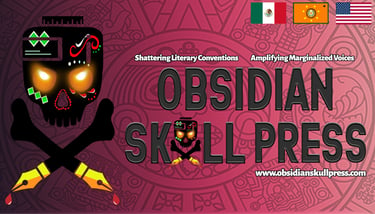

Follow us
Causes we Support


